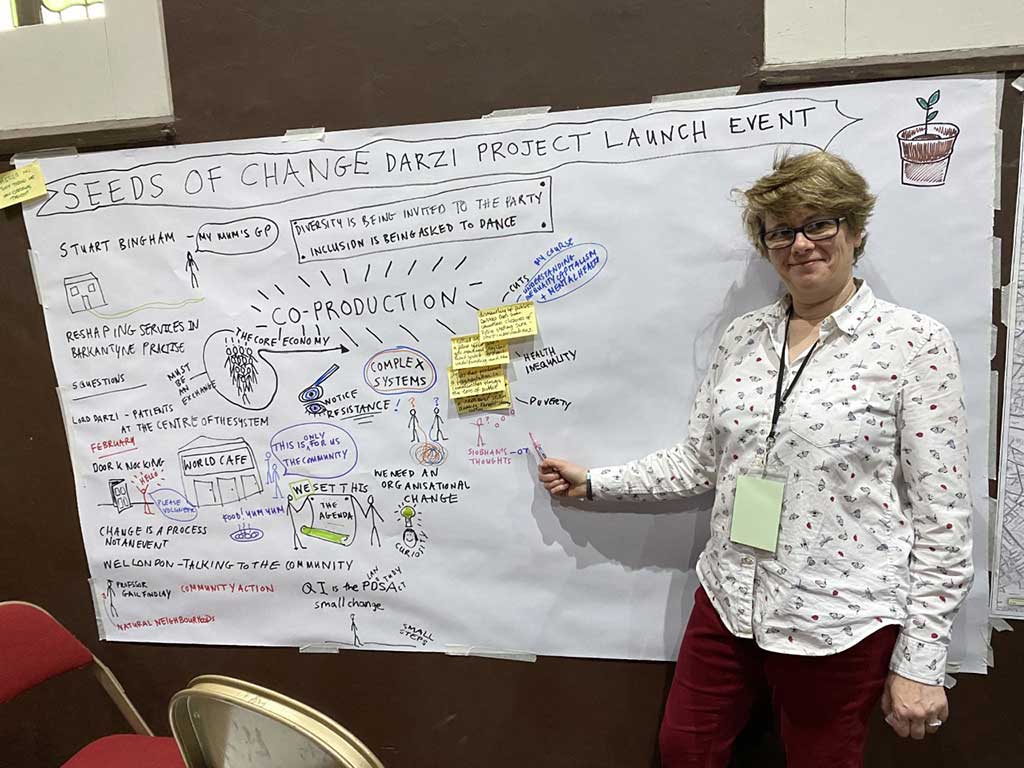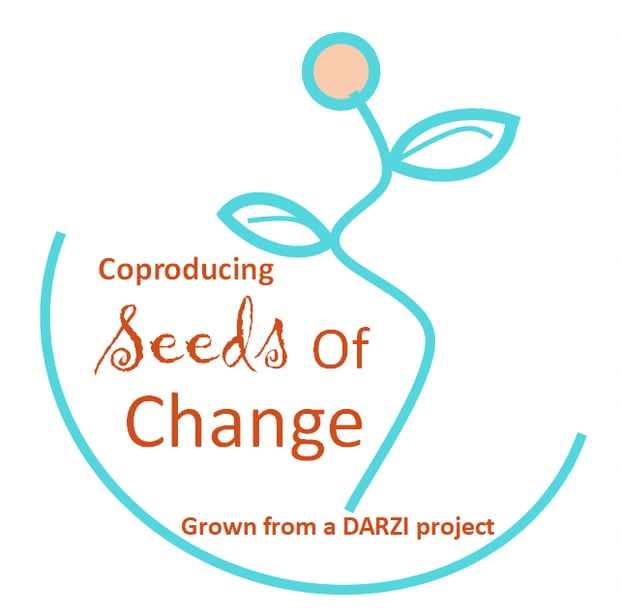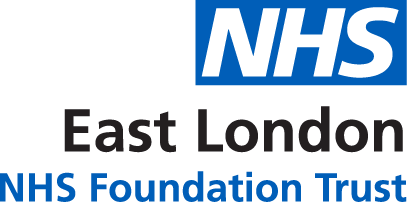Creating Seeds of Change in Tower Hamlets

In 2019 the Darzi Seeds of Change Project took root on the Isle of Dogs in Tower Hamlets.
The project began life in 2019 when Darzi Fellow and ‘System Wanderer and Maven’ Meera Kapadia, embarked on her Fellowship.
The Darzi Fellowship is a prestigious, high profile education programme designed to develop health leaders from multi-professional backgrounds in their ability to undertake complex change initiatives that have a profound and lasting impact on the communities they serve.
Meera wanted to create change by integrating quality improvement and coproduction with the local community driving change itself.
ELFT’s Tower Hamlets Recovery College was one of eleven organisations taking part in this pioneering project.
The Barkantine GP Practice on the Isle of Dogs agreed to work with the team as the focal point.
Participants from the eleven local health organisations worked alongside the community partners as equals allowing a ‘three dimensional’ view of the system to unfold.
To shape design and delivery, the project harnessed invaluable local collective wisdom and knowledge - from coproducing the project name, the design of the community engagement questions, to the thematic analysis and report writing.
All the members were passionate about using community engagement to bring about real improvements to the local health system.
Meera describes how the project evolved:
“ELFT have been a major part of my journey, from qualifying on the ELFT QI Coaching course, to looking to the Tower Hamlets Recovery College as being an exemplar of coproduction, and community staff consisted of the ELFT QI community coach, and the TH Recovery College Peer Tutor staff being vital members of the Darzi Project team, and other staff volunteers on the project.
“It is only when we work together in place-based care that we can really uphold the values of patient centred care.
“We recruited over 20 local community volunteers and between us we spoke seven languages “The team truly represents the communities we serve.
“It includes people who have lived experience of mental and physical illness. We are also representative in terms of race, culture, sexuality and disabilities.”
“When we asked people, ‘What matters to you?’ by knocking on their doors, rather than asking them to knock on our doors, there was a fundamental shift in the power dynamics. We were able to find out about issues and concerns that had not been known about until then.
The team facilitated 3 door knocking events, and two World Café events on the Isle of Dogs just before lockdown in March 2020, and listened carefully to what local residents had to say about their experience of what makes for a good life locally.
They identified a huge range of social determinants of healthcare that influence wellbeing.
“These include everyday challenges, privacy provisions, issues around pharmaceutical and social prescribing as well as wider community issues such as knife crime and anti-social behaviour,”
Meera explains
“These are all issues that impact on Population Health but until now would not necessarily have been part of the conversation around health.
“Overall, seven themes emerged, with an incredible forty volunteer offers to facilitated groups for the GP practice. “
“Due to the pandemic, and the vital role of GP practices in vaccination, the project evolved to focus on the impact of the pandemic, in relation to two of the project themes – system navigation and improving services for children and young people, as of January 2021.
“QI expert Anna Burhouse says that quality improvement is 20% technical and 80% relational. One size does not fit all. The relational aspects of QI are so important.
“This project has proved to me is that by involving the community in planning and coproducing their own healthcare, we can have a really positive impact in so many areas.”
Commenting on the involvement of ELFT’s Recovery College in Tower Hamlets, Jessica Prakash said:
“Our college peer tutors are trained in the practice of coproduction. This means they know how to be assertive, and aren’t afraid to challenge clinicians or health professionals in a constructive way, if necessary.
“These are skills that they were able to bring to the project, and we are glad to see the benefits of this way of working implemented and recognised in our wider communities.”
The Darzi Project continues as a national pilot site with NHSE Experience of Care Team.
The Darzi Seeds of Change Project, For the People by the People is a finalist for the HSJ Value Awards 2021. The winner will be announced in September.
Find out more about the Darzi Fellowship programme here.

